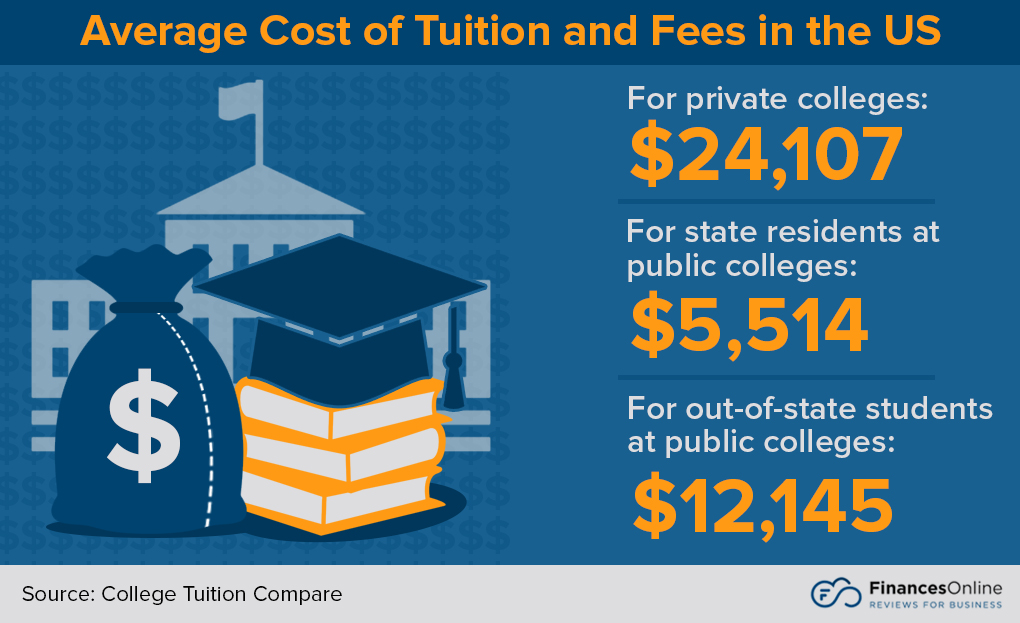The benefits of free college education are countless. Social inequality, reduced undermatching, and reduced tuition are just a few. There are many other benefits as well, including increased attendance and graduation rates. But there are also drawbacks. In this article, we’ll discuss three potential advantages of free college education. But, as with all good things, free college has its limitations. Here are the advantages and disadvantages of free college education.
Social inequality
Inequality in education is a major source of conflict in today’s society, and Harvard scholars are working to understand it. Historically, schools have been distinctively oriented toward racial discrimination and economic inequality, and today, the educational system reproduces these inequalities. Kozol’s analysis of the education market places businesses as key players, shaping the content and purpose of education. The result is a system in which students are reduced to token participants.
Government-subsidized tuition
In some cases, governments have committed to making public higher education tuition-free, but such plans are not always the best solutions. In some cases, government-subsidized tuition may make the problem worse by subsidizing students who do not finish college. For example, lowering tuition to zero does not solve the issue of overcrowded public institutions, and it may even lower graduation rates. A free college plan would involve increasing public postsecondary funding and holding institutions accountable for graduation rates and labor market outcomes.
Reduced undermatching
A free college education has several benefits, including decreased undermatching. The cost of college tuition is a factor that affects many students’ selection, as are the student’s socioeconomic circumstances. Free college education also makes it easier for many students to pay for tutors and retake tests. However, free college education may also create a disadvantage for students by reducing their access to free public colleges.
Economic recovery
The impact of free college education on the economy is significant. Not only does free higher education lead to better health, but it also reduces the number of people receiving disability payments, as well. Free higher education also strengthens the economy by helping students develop skills and competencies necessary for lifelong learning. A recent report from the World Economic Forum on postsecondary education highlights the role of postsecondary education in global upskilling. It claims that wide-scale investment in postsecondary education can increase the global economy by $5.3 trillion by 2030, and create 5.3 million new jobs by then.
Access to higher education
In countries with rising income inequality, free higher education programs aren’t likely to solve our educational challenges. If we give the government more money to spend, institutions will just keep taking it, and the cost of higher education will continue to skyrocket. Likewise, if we force the rich to pay for our education, we’ll see fewer people in the workforce to pay for it. In the long run, free college isn’t a good idea.

